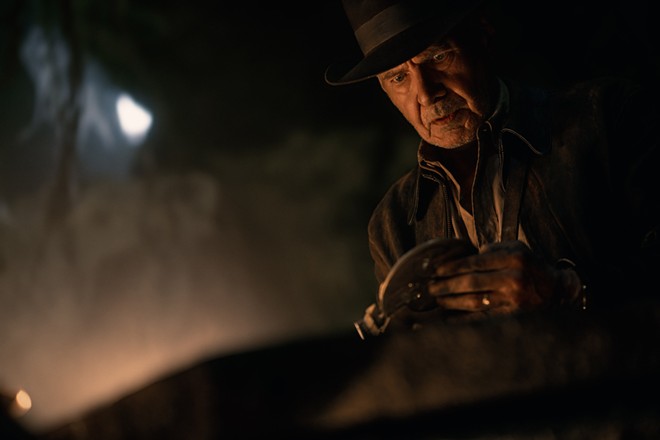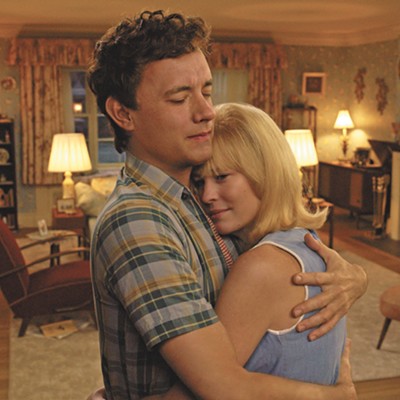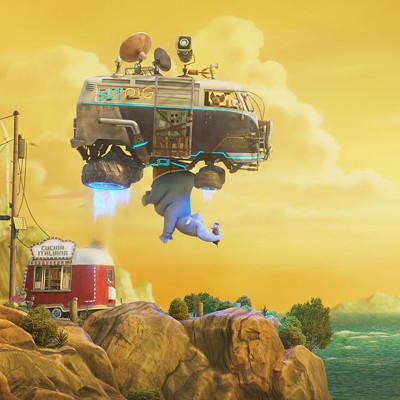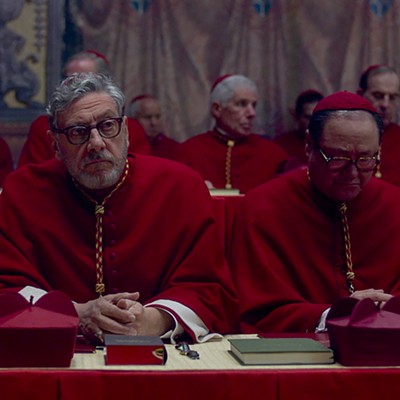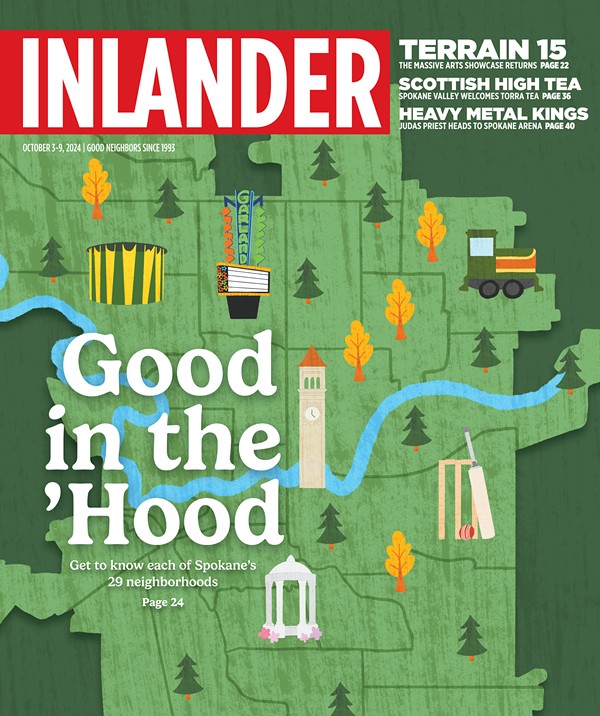If there is one thing to take away from Indiana Jones and the Dial of Destiny, it is that we owe the much-maligned prior entry Indiana Jones and the Kingdom of the Crystal Skull an apology. At least that was well-directed and dynamic where this new entry is not.
While both are imperfect sequels that attempt to build on a trilogy that concluded decades ago, the first crack at it now looks downright charming. For any who bemoan its "nuking the fridge" scene, moments like that fit in well with the cartoonish roots of the character. Above all else, it saw series director Steven Spielberg returning to prove he is still a talented filmmaker whose passion and precision are now painfully absent here. All the fridge nuking in the world would be more fun than whatever this is. The only saving grace is the cast, but they are trapped in the confines of a surprisingly dull film.
Starting it all off is an extended flashback scene in 1944 where Indiana Jones must fight the Nazis once again. Yet, we don't really see Harrison Ford in any real sense for quite a while. Rather, we see a digitally de-aged version of him that, while not the worst example of the technology, still holds viewers at a distance that grows increasingly distracting. Worse still, the stiffness of his voice sounds perpetually off, making it hard to get immersed in what is meant to be the movie's exciting start, while also establishing the timey wimey artifact that the characters will spend the rest of the film chasing.
When the film then jumps forward decades into the future as the space race is in full swing, we pick back up with Ford's Jones in the actual flesh in what is initially promising fashion. Drunkenly passed out in his apartment, he is stirred from his fitful slumber by the loud music of his neighbors. He grumpily yells at them to turn it off before going to his last day of work before a forced retirement. This is complicated when his goddaughter Helena, played by Phoebe Waller-Bridge (of the spectacular and shattering series Fleabag) pays him a visit to ask about said time artifact he recovered back in 1944.
Of course, since this is an Indiana Jones film, a group of Nazi goons — led by Mads Mikkelsen's Dr. Jürgen Voller — are not far behind. Cue the classic John Williams theme as we then go on one last globe-trotting adventure. (At least, one hopes this is the last one, if any future sequels are going to be as banal as this one.)
It isn't that Dial of Destiny does anything particularly egregious, as it mostly plays out as a greatest hits of Indiana Jones from solving puzzles to evading creepy-crawlies, but there is nothing all that bold about it either. When the execution of these rather safe sequences are pedestrian at best and plodding at worst, it soon grows tiresome rather than thrilling. Though it picks up in the finale by taking us somewhere Indiana Jones has never gone before, the superficial and often empty road to get there undercuts the more bonkers swing it attempts. For a film about a character looking to the past, you'd have hoped it would have learned something new rather than just regurgitating more of the same that we've all seen done far better before.
There is still something more substantial Ford brings, but we only get small glimpses of it. Jones carries plenty of regrets, and we see they have taken their toll on him. Ford has portrayed this character more than any other, and it's unfortunate to see the care for the role be let down by the slapdash film around him. Even the action — which had a kineticism in all of the past films, even in Crystal Skull — is without the same spark. The back-and-forth Ford has with a delightful Waller-Bridge is the only thing keeping the film even close to afloat. This was obviously never going to be a fully somber affair, as the series has always been centered on adventure, but the scenes where the two performers are given space to delve into loss makes one wish this impatient yet also oddly rushed film had not been so averse to leaning into this pathos.
Though the way the ending leaves behind silly spectacle for genuine emotion is unexpectedly sweet, it comes far too late to matter much. Much like how Jones himself was haunted by the mistakes that accumulated in his past, the last-ditch attempt by the film itself to tap into something deeper can't stop it all from slipping away. ♦

